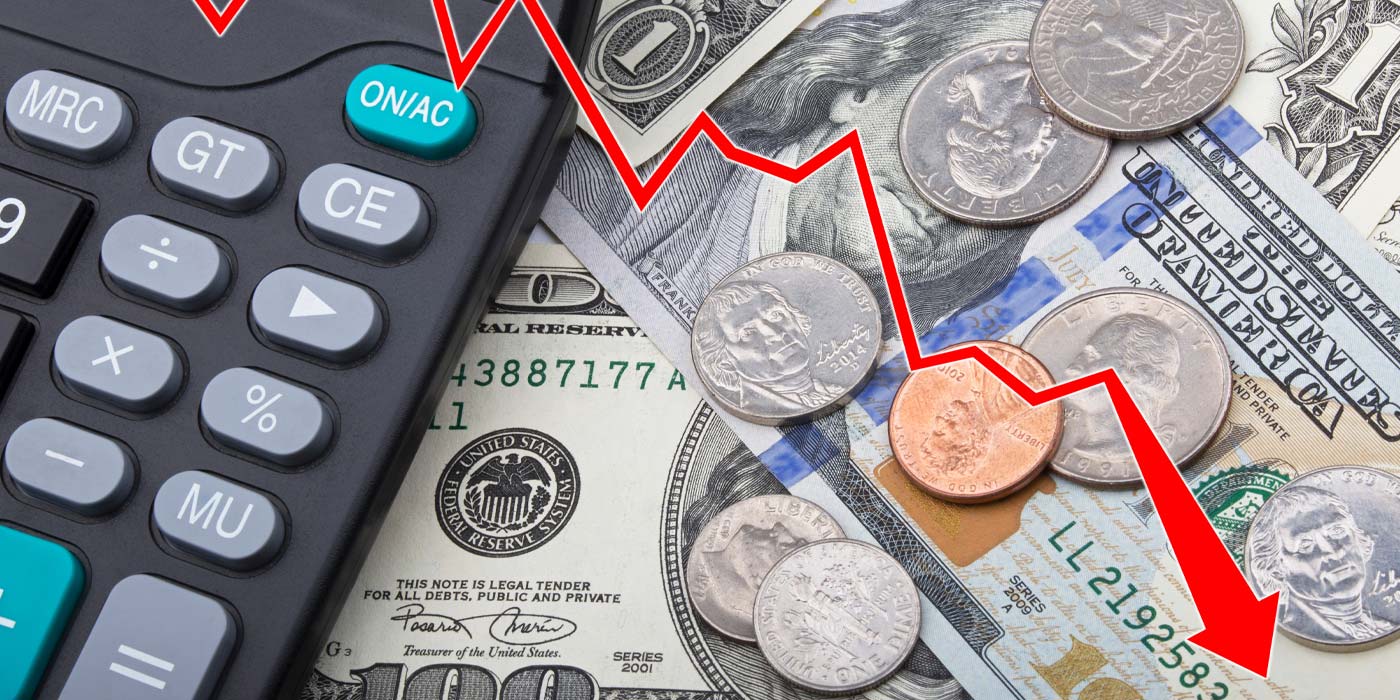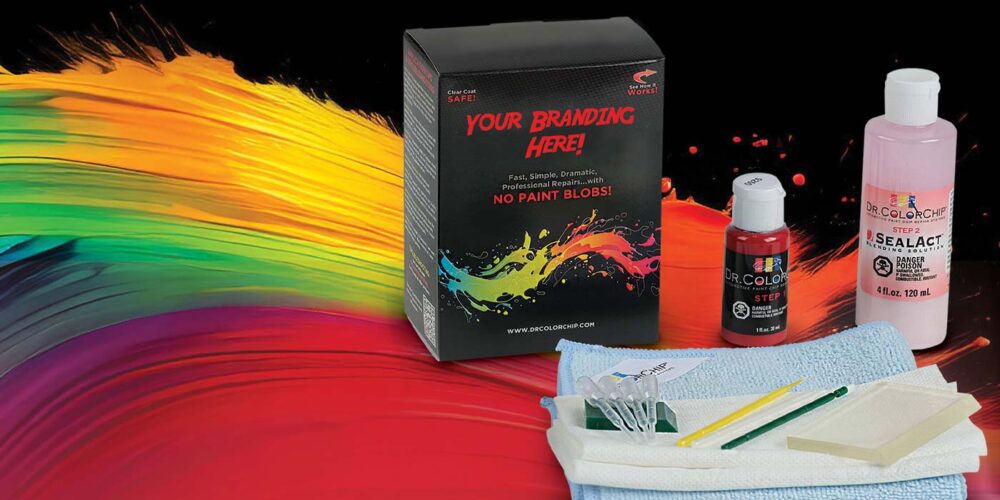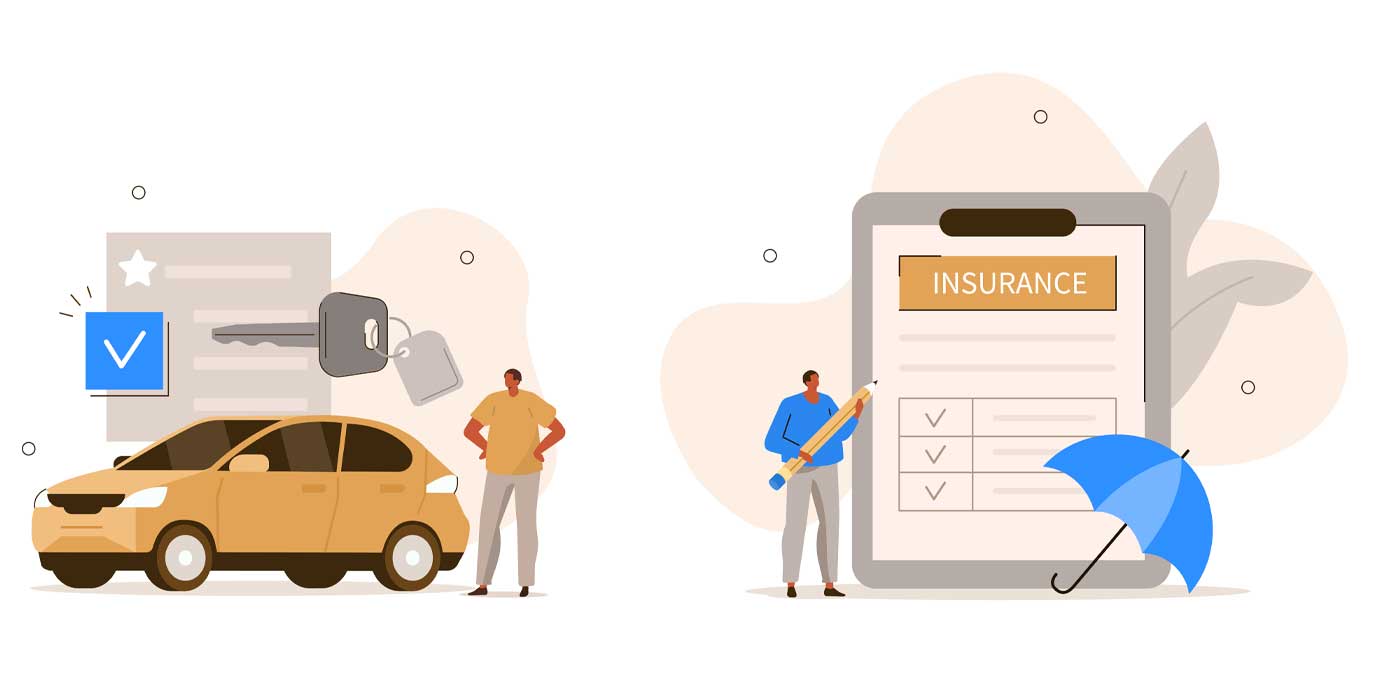Where Does All the Money from My Service Contract Sales Go?
You don’t have to be a reinsurance expert to get the full benefits of profit participation. But you should know enough to ensure the program you selected is still the best fit for your financial goals. Here are six questions your provider should be willing and able to answer:
1. When I send in $1,000 for a service contract, how much goes into my reinsurance company and when is it deposited?
This is how you determine the upfront fees that are taken out for each contract. It should match the fee disclosure you received when you signed up. Make sure you factor in any override payments returned to your dealership.
2. When I submit an approved VSC claim, how much is paid to my store and what amount is deducted from my reinsurance company?
Fees other than your initial contract admin fee could show up as a loss adjustment expense (LAE), claims incurred but not reported (IBNR) or some per-claim amount or percentage deducted from the total sent to the store as an additional “post-sale” fee.
3. Where are my reinsurance company’s reserves held, and do I have any choices?
The investments made in the reinsurance accounts define the profitability of your company. You should receive actual statements for each reserve account. Some providers allow more flexibility in the investments and in who directs them, depending on the product and insurance requirements.
However, you should still be able to find every dollar on your balance sheet somewhere in your statements.
4. If I sell my store or stop writing contracts for any other reason, what happens to my reinsurance company and the value of my ownership?
This question will yield two answers. First, you will know if you really have true ownership of your company and its assets. Once you write the contract and the reserves are deposited to the trust account, they belong to the reinsurance company, which belongs to you. If you stop writing, some providers may determine those reserves are theirs, only providing you a token payout down the road.
Second, you’ll see any penalties you will have to pay for the privilege of no longer selling their products! Bottom line: The total of all contracts less claims and cancellations plus investment income should be the property of the shareholders. If it feels like the money doesn’t really belong to you unless they are still profiting from new sales, then your provider may have a “What have you done for me lately?” attitude.
Reasonable annual corporate expenses are acceptable if fully disclosed when you originally signed up. However, a per-contract fee for the remaining life of the agreement can be excessive, so make sure you understand the consequences should your business change.
5. How do I get money out of the reinsurance company?
This question exposes the availability and rules for releasing funds from your company’s reserve accounts. Generally, depending on the structure, you can take a dividend of the cash surplus exceeding the underwriter’s requirement.
You should also be able to take a loan against surplus to help grow your business. And some providers allow loans from unearned premiums. The calculations vary, but remember: It’s your money in the company, so know your options and make it work for you.
6. How are the tax planning features implemented?
Company structures have many names — CFC, ARC, DOWC, NCFC, retro and others. All have certain advantages, but they may also hide some unwanted consequences.
You should be able to trace every dollar, from the sale to the bottom line and beyond. What is the federal and possible state tax burden on the reinsurance company and you as an owner? Some programs change as premium builds up and your company grows, so ask for a 10-year example.
You shouldn’t need to be an accountant to understand their explanation, but it should make sense to you. And as always, if it sounds too good to be true …
With that, we come to a familiar recommendation: Get your CPA or attorney involved early on. While you’re at it, find out if they are members of the American Institute of Certified Public Accountants or the National Association of Dealer Counsel, a clear indication their clients are almost exclusively other auto dealers like yourself.
If you don’t understand something, and you can’t get a clear explanation, make sure you have someone else on your side who does.














